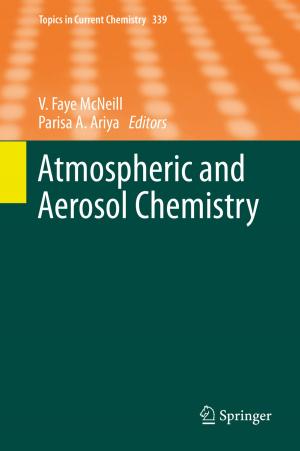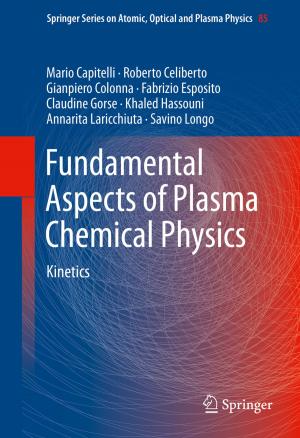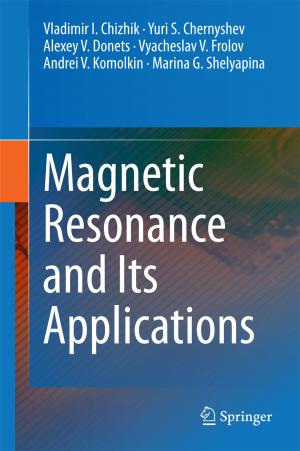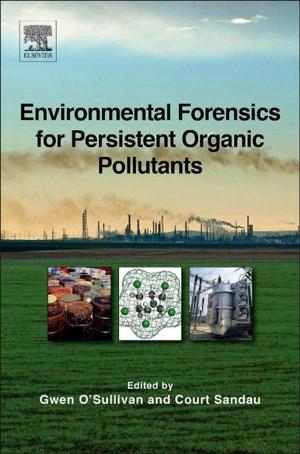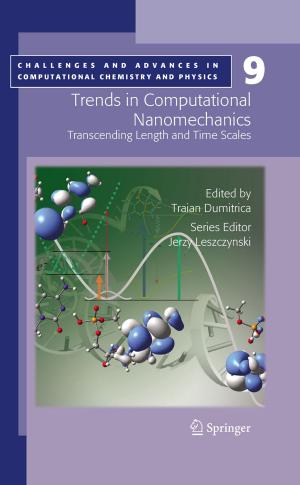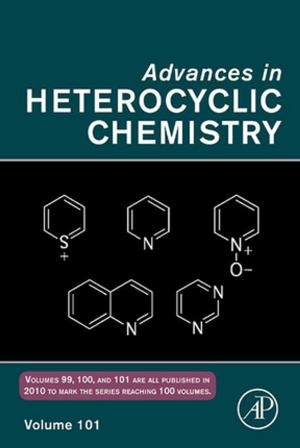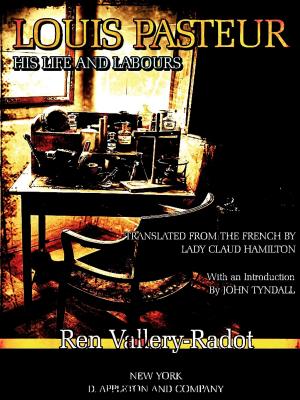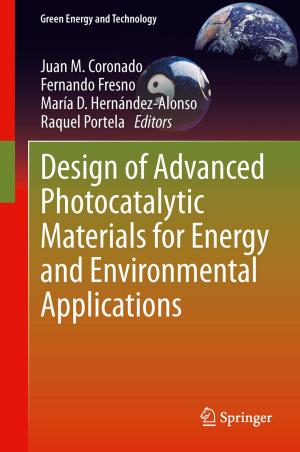Michael Faraday’s The Chemical History of a Candle
With Guides to Lectures, Teaching Guides & Student Activities
Nonfiction, Science & Nature, Science, Chemistry| Author: | Bill Hammack, Don DeCoste | ISBN: | 9780983966197 |
| Publisher: | Articulate Noise Books | Publication: | June 15, 2016 |
| Imprint: | Language: | English |
| Author: | Bill Hammack, Don DeCoste |
| ISBN: | 9780983966197 |
| Publisher: | Articulate Noise Books |
| Publication: | June 15, 2016 |
| Imprint: | |
| Language: | English |
This book introduces modern readers to Michael Faraday’s great nineteenth-century lectures on The Chemical History of a Candle. This edition is a companion book to the popular EngineerGuy YouTube series of the lectures. This books contains supplemental material to help readers appreciate Faraday’s key insight that “there is no more open door by which you can enter into the study of science than by considering the physical phenomena of a candle.” Through a careful examination of a burning candle, Faraday’s lectures introduce readers to the concepts of mass, density, heat conduction, capillary action, and convection currents. They demonstrate the difference between chemical and physical processes, such as melting, vaporization, incandescence, and all types of combustion. And the lectures reveal the properties of hydrogen, oxygen, nitrogen, and carbon dioxide, including their relative masses and the makeup of the atmosphere. The lectures wrap up with a grand, and startling, analogy: by understanding the chemical behavior of a candle the reader can grasp the basics of respiration. To help readers understand Faraday’s key points this book has an “Essential Background” section that explains in modern terms how a candle works, introductory guides for each lecture written in contemporary language, and seven student activities with teaching guides.
This book introduces modern readers to Michael Faraday’s great nineteenth-century lectures on The Chemical History of a Candle. This edition is a companion book to the popular EngineerGuy YouTube series of the lectures. This books contains supplemental material to help readers appreciate Faraday’s key insight that “there is no more open door by which you can enter into the study of science than by considering the physical phenomena of a candle.” Through a careful examination of a burning candle, Faraday’s lectures introduce readers to the concepts of mass, density, heat conduction, capillary action, and convection currents. They demonstrate the difference between chemical and physical processes, such as melting, vaporization, incandescence, and all types of combustion. And the lectures reveal the properties of hydrogen, oxygen, nitrogen, and carbon dioxide, including their relative masses and the makeup of the atmosphere. The lectures wrap up with a grand, and startling, analogy: by understanding the chemical behavior of a candle the reader can grasp the basics of respiration. To help readers understand Faraday’s key points this book has an “Essential Background” section that explains in modern terms how a candle works, introductory guides for each lecture written in contemporary language, and seven student activities with teaching guides.

